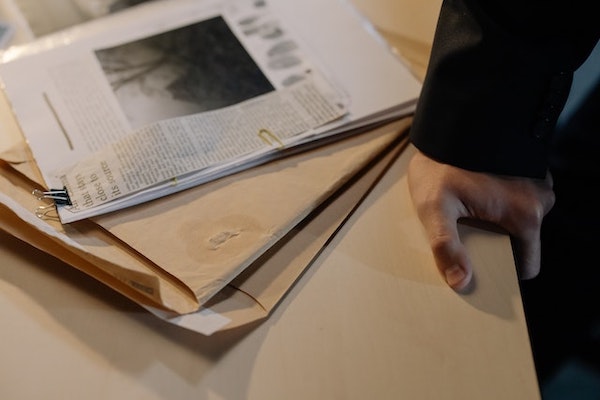How compliance shapes plumbing investigations and expert reporting
As an expert witness, you need to identify the failures that may have occurred in your research and investigations. The job, however, is to recognise the non-compliance issues, if any, behind the failure. Bill Armstrong comments.
Many years ago, all work undertaken was heavily regulated and I remember a discussion with one of the regulators. He said that all the work he inspected was presented in different ways. Some would present a pristine job, set out neatly with care taken regarding the installation. Others had no concept of presentation and the installation presented was borderline. Both installations, however, were compliant and fit for purpose.
When gathering evidence, you need to be mindful of the fact that regardless of the installation quality, the issue is compliance. Compliance to the code and fitness for purpose should be the only evidence presented in the expert witness report.
Your objective is to provide evidence relevant to the code in line with common industry practice. The research done by law firms is extremely thorough. We are provided with standards and codes relevant to our industry. The law firms, however, have researched standard references in our code that we may or may not be aware of. They use these to convince the court otherwise and to discredit our report. As an expert witness you can only refer to the codes you know of in that instance.
Trust me: There are other experts who can provide opinion and evidence of the other codes not within your sphere of knowledge. For instance, recognising a failed valve was the cause of the incident. Why the valve failed would, apart from overpressure, be consistent with an expert in metallurgy forensics. You have to know your limitations in providing expert witness reports. All too often I have said, “That is not in my level of expertise.”
Reaction to questioning
I have attended interviews with a legal firm via Skype for a job in Melbourne giving them an overview of my opinion from their Sydney office. They then requested that I attend their offices in Collins St, Melbourne, for a face-to-face meeting with the lawyer and the barrister. So, travel to Sydney for the Skype conference and interview on the Monday. Air travel to Melbourne and from airport to Collins St on the Wednesday. I was interviewed for 45 minutes and then travelled back to the airport and returned to Sydney.
The job was settled out of court, but the reason for the face-to-face interview was to see how I would react to questioning if the matter went to court. They studied my body language as to the creditability of their questioning with regard to the evidence presented. It had to be in their presence, of course, so they could rely on my confidence in interpretation of the code when presenting evidence in questioning before the court.
So, as plumbing professionals, and guided by the code, there is not much to lead us astray. In the majority of reports, I have presented the fault as not necessarily with the installer, but with who came after. Consider, for instance, the case of an external gas heater installation. The owner said it looked out of place and ugly. So, he decided to enclose the heater in an unvented enclosure, not realising a vent in that enclosure led into the building. The result was a fatality caused by carbon monoxide poisoning.
Remain impartial
It is always good practice to consider who attends after the initial installation is complete. It always makes it easier if shut-off valves and drainage inspection points are installed so the installation is accessible and can be maintained easily.
I had a great mentor with a job I did regarding a gas explosion in outback NSW. We were in his Sydney office for three days, during which time I was questioned regarding every aspect that led to the gas explosion. The interesting part was that, as I explained the code and common industry practice, he interpreted for the court in lay terms that were understood. In doing so it gave me guidance to explain in lay terms what actually happened from a gas fitting perspective.
My mentor is now a judge dealing with civil proceedings in the NSW court system. He always stressed to me to remain impartial in my reports.
It is important as well to not express an opinion given by others. You are legally bound by a code of conduct in all states to present the report in your opinion based on your expertise, and not that of counsel.
What I have found in all investigations is the overall standard of installations is both compliant and well-engineered. Well done.

